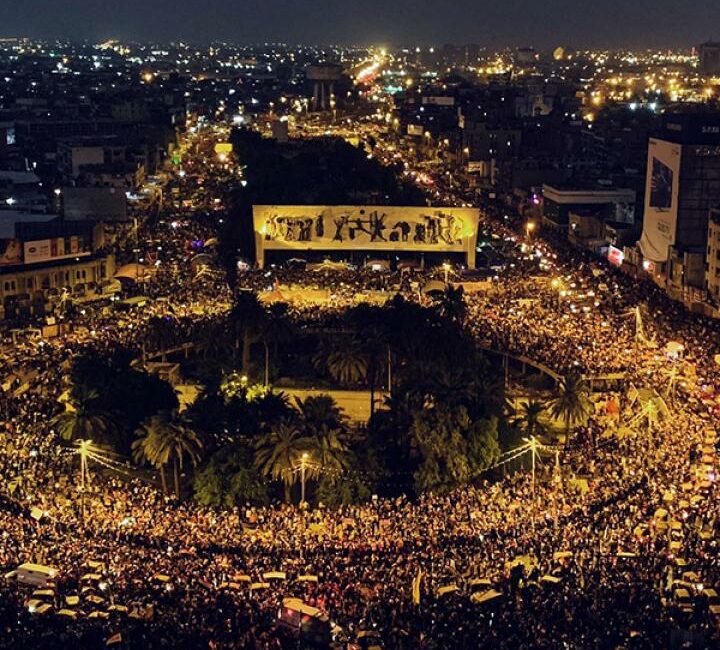A decade ago, we were in the throes of what observers in the West termed the "Arab Spring" - a series of anti-government protests, uprisings, and armed rebellions.
In 2011 erupted the Jasmine Revolution in Tunisia, leading to the ouster of the country’s longtime president, Zine El Abidine Ben Ali. This moment was the trigger of the „Arab Spring”. Protests quickly appeared in other Arab countries, and more autocrats- Libya, Egypt, Syria, Bahrain and Yemen, as the domino’s effect.
While regimes tried to use the ‘us or chaos’ discourse to deter the popular protests, most of the protesters did not believe this threat. However, due to the wars in Syria, Libya and Yemen, this discourse has been gaining strength. Any calls for political change must therefore reassure people about safeguarding the role of the state in delivering to its citizens while also making clear the difference between a state and a regime.
Right from the start, the Arab protest movements were not only calling for economic reform, but above all for an overhaul of the political system. Demands have included greater accountability of those in power, more transparency, and social justice. Decades of authoritarian rule have led the region to consistently be classified as undemocratic in the Freedom House rankings.
Ten years after the first uprisings, The Arab Spring exposed the fragile “stability” and it has given way mostly to chaos. By exposing state weakness, these events opened the way for the rise of the Islamic State in Syria, Iraq, Sinai Peninsula, Libya, Tunisia and Morrocco. There is a tendency of extremism to consolidate in proportion to the amount of institutional void. Next, conditions of poverty often supply futile ground for the entrenchment of terrorism and the presence of historical grievances provides a conducive environment for extremism. In light of the threat of cell dispersion following the recent defeats faced by ISIS in Syria and Iraq, an understanding of jihadi operations in North Africa becomes increasingly crucial. Radicalism-extremism is a repulsive phenomenon, where a particular ideal assumes an extremist form and induces violence and terror in the society.
The 2011 uprisings have had three main consequences: fear of state collapse, increased social polarization and the increasing importance of socio-economic demands. Any strategy for political change must address these factors in order to be successful. Creating jobs for young people, diversifying the economy, boosting private sector initiatives, and a consistent approach to tackling corruption and nepotism remain key challenges for the countries of the region. It seems that only sustained improvements in the economy will restore people’s trust in their state institutions.
Regimes should know that repression is no substitute for unresponsive governance that fails to provide services, opportunity, and hope. They should understand that those who are protesting, especially the young, are not the enemy, but their citizens and their nation’s future.
10 years after the Arab Spring

